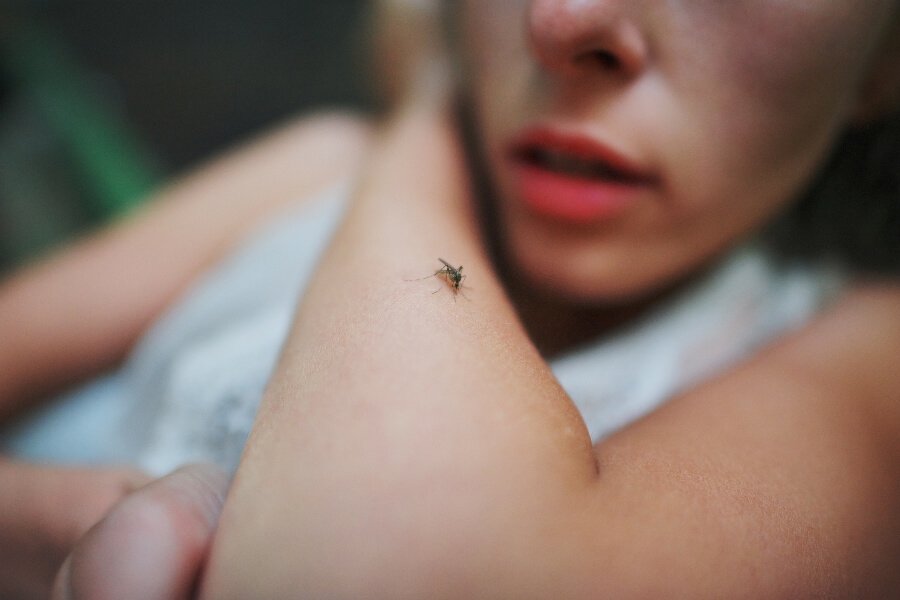For a healthy lawn, it’s crucial to strike the right balance. Too little watering can leave grass looking unhealthy and create unsightly yellow patches of dead grass. Watering your lawn too frequently can cause problems too. Excessive moisture can cause lawn diseases and attract unwanted mosquitoes, which would make it even harder to enjoy your lawn. Read on to find out how you can prevent mosquitoes on your property by watering appropriately.
Mosquitoes Love Water
Do you know what both your plants and mosquitoes love? A damp habitat. mosquitoes require abundant moisture to survive and reproduce, so an overly saturated lawn can very easily become a hotspot for these pests. An oversaturated lawn allows for a thick layer of thatch to form, protecting mosquitoes and other insects from sunlight, predators, and even some pesticides. If you adequately maintain and irrigate your lawn, it will look better and you’ll reduce the risk of mosquitoes disturbing your enjoyment of your lawn.
Signs That You’re Overwatering Your Lawn
Overwatering your lawn can cause more problems than just mosquitoes. Too much water stunts root growth and makes your grass more susceptible to fungus and diseases.
Watch for these signs that you’re watering your lawn too much:
Spongy Soil
A quick and easy way to check if you’re oversaturating your lawn is to perform a step test. Soil that’s overwatered will have a squishy or spongey consistency. You can check the consistency of your soil by stepping around multiple areas of the lawn; if all or multiple parts of your lawn are spongy, it’s safe to say you’re overwatering (As long as you didn’t just water the lawn).
Weed & Fungus Growth
In a nicely watered yard, patches of mushrooms and weeds will stick out like a sore thumb. You may not realize it, but how much you water your lawn can aid the growth of fungus and weeds which may attract insects. If you notice a sprout of weeds in your yard, you may need to reduce your watering.
Runoff Water
Sometimes soil can be completely saturated. This forces extra water up and creates runoff that strips the lawn of important nutrients and carries it to the sidewalk or street. It’s important to notice when this happens as your grass will be extra susceptible to disease, insect invaders, fungi, and weeds.
How Can I Prevent Mosquitoes?
Step one to preventing mosquitoes: get your lawn in a healthy irrigation regimen. Watering your lawn every single day is probably unnecessary, even if you live in a hot, dry area. The ideal amount of water your lawn should get a week is 1 – 1.5 inches. Experts recommend three days of irrigation a week for 30 minutes to give your grass the optimal amount of water.
Trusted Mosquito Control
Even if your yard doesn’t have any standing water, you can still be pestered by mosquitoes. If you live in Central TN and you need mosquito exterminators, the experts at The Bug Man are here to help. Our expert technicians will find the source of the mosquitoes, eliminate them and help keep them away. Contact us today for a free quote!

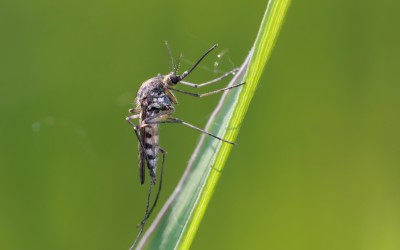
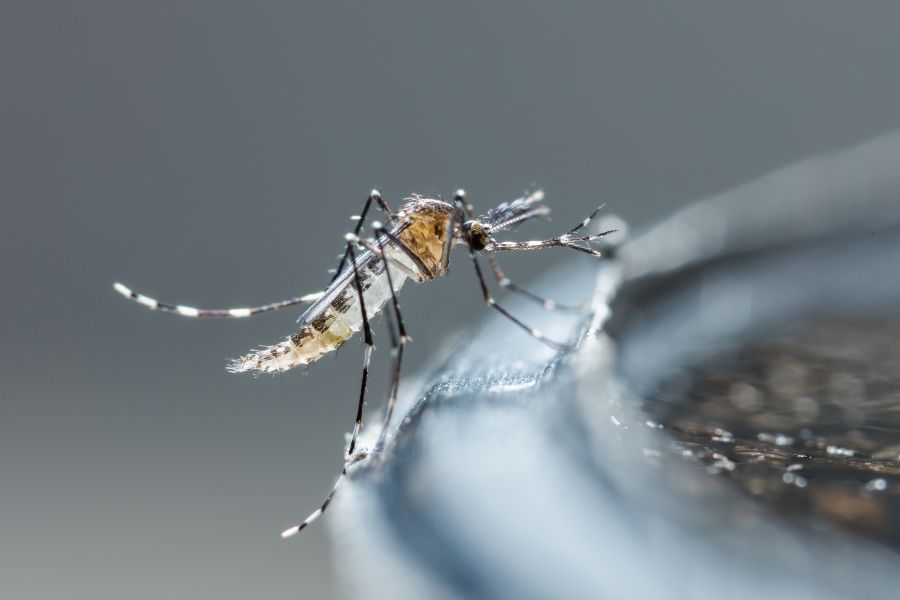
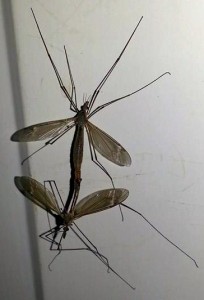
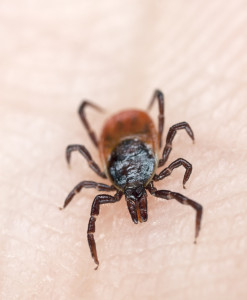
 Don’t forget about your four-legged babies, too. Please discuss tick treatment for your pets with a veterinarian. There are many treatment methods available and something that works well for one pet may not be best for the other. Cats and some breeds of dogs can be sensitive to some products. So, it is always best to check with your vet, first. Also, you will want to inspect your pets and their bedding frequently for ticks.
Don’t forget about your four-legged babies, too. Please discuss tick treatment for your pets with a veterinarian. There are many treatment methods available and something that works well for one pet may not be best for the other. Cats and some breeds of dogs can be sensitive to some products. So, it is always best to check with your vet, first. Also, you will want to inspect your pets and their bedding frequently for ticks.